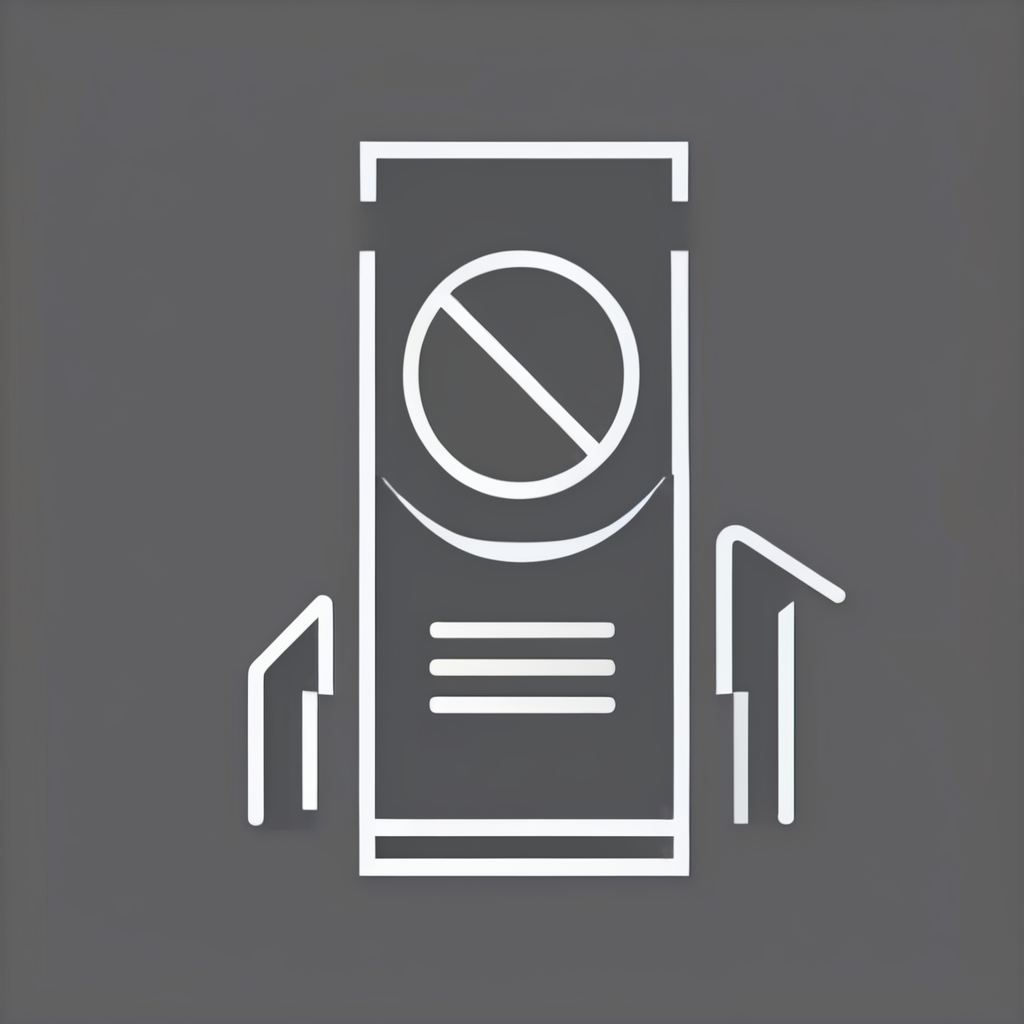Evolving Dress Codes Among UK Women Professionals
UK workplace dress codes have undergone significant transformation, especially for women’s professional attire. Traditional expectations that once prioritized formal suits and conservative styles are shifting. This evolution reflects broader changes in office culture and societal attitudes toward flexibility and self-expression.
The pandemic era accelerated this change, making comfort and adaptability more crucial. Remote work introduced more casual norms, prompting employers and employees to reconsider what constitutes appropriate UK workplace dress codes. Women’s professional attire now often blends comfort with style, allowing for greater individuality without sacrificing professionalism.
This might interest you : How Can UK Women Innovate Their Wardrobe for Sustainability?
Consequently, there’s a noticeable move away from rigid suits and formalwear in many UK workplaces. Instead, women are embracing diverse fabrics, cuts, and combinations that better suit dynamic work environments. These evolving office fashion trends reflect a balance between maintaining a polished appearance and accommodating the practical needs of modern professional life.
Innovative and Non-Traditional Work Attire
In today’s UK workplaces, non-traditional work outfits are rapidly gaining ground. Women’s business fashion increasingly embraces bold colours, prints, and statement pieces, departing from the once-standard plain palettes. This shift highlights a new freedom in professional expression, allowing for personalization while maintaining office appropriateness.
Also read : What Are the Latest Trends in Women’s Fashion in the UK for Spring?
The rise in acceptance of trainers and smart casual elements marks a significant change in modern office wear. Trainers, once seen as casual or even inappropriate, are now integrated with tailored separates in many UK enterprises. This blend supports comfort and practicality without undermining professionalism. Diverse silhouettes also feature prominently, including wide-legged trousers, tailored jumpsuits, and relaxed blazers, reflecting an inclusive approach to body types and style preferences.
Many UK-based enterprises actively promote these trends. Companies encourage employees to tailor their work attire to suit their roles and personalities, fostering environments where women’s business fashion is fluid rather than rigid. This adaptability also caters to the evolving nature of work itself, accommodating activities that extend beyond traditional desk jobs. The link between increased flexibility in dress codes and employee satisfaction underscores the business value of embracing non-traditional work outfits.
Expert Insights and Influential Voices Shaping Change
Industry expert commentary reveals a clear endorsement of the evolving landscape in women’s professional attire. Fashion editors emphasize that traditional rigidity in UK workplace dress codes is giving way to authenticity and personal style, which aligns with wider cultural shifts. These experts highlight how embracing diversity in clothing choices fosters a more inclusive and dynamic office environment.
Influential UK women, including prominent workplace consultants and HR professionals, actively shape this transformation. Their voices promote adopting flexible dress codes that balance professionalism with individuality. According to recent studies cited by workplace fashion influencers, flexibility in dress codes correlates with increased employee well-being and productivity. For example, HR leaders report noticeable boosts in confidence and engagement when women feel empowered to express themselves through their outfits.
Research from fashion industry analysts further supports these insights, showing that updated workplace fashion standards reduce barriers for women striving for career progression. These influential figures serve not only as trendsetters but also as advocates for sustainable, practical fashion adapted to modern work realities. Their combined commentary underlines the importance of continuing to challenge outdated norms in women’s business fashion to reflect the evolving priorities of today’s workforce.
Social and Professional Impacts of Changing Fashion Norms
The shift in UK workplace dress codes toward greater flexibility strongly enhances workplace inclusivity. When women’s professional attire embraces diversity beyond conventional suits, it acknowledges varied identities and cultural expressions. This openness reduces barriers, making the workplace more welcoming for individuals who previously felt constrained by rigid dress norms.
How does flexibility in dress codes empower women professionally? Studies show that allowing professional self-expression through clothing boosts confidence and engagement. Women who can integrate personal style into their work outfits report feeling more authentic and motivated. This empowerment translates into improved interactions and visibility, which are crucial for career progression.
Breaking traditional fashion norms also positively affects fashion and career progression. Employers noting correlations between adaptable dress codes and heightened employee satisfaction often observe increased retention and advancement opportunities for women. The use of innovative attire signals a shift in evaluating professionalism beyond appearance, focusing instead on competence and individuality as markers of success.
In sum, evolving dress codes cultivate not only a more inclusive environment but also serve as a catalyst for women’s empowerment and career growth within modern UK workplaces.
Trends and Data on Workplace Fashion Evolution
Recent data from UK employers and employees illustrate significant transitions in women’s office attire and UK fashion trends post-2020. Surveys reveal that a majority of organisations have relaxed dress code policies, reflecting growing acceptance of more casual and diverse clothing choices. For instance, over 60% of surveyed UK workplaces now permit non-traditional work outfits, signaling a decisive move away from previous strictness.
Generational differences are apparent in these shifts. Younger women professionals tend to prefer flexible and stylish attire that encourages individuality, while more senior employees often balance innovation with traditional professionalism. This divergence shapes evolving UK workplace dress codes, accommodating a broader spectrum of tastes and workstyles.
Analysis of these trends underscores that the pandemic fundamentally accelerated changes in women’s professional attire. Employers responding to remote and hybrid work setups have updated guidelines to prioritise comfort alongside appearance. Consequently, current dress code surveys indicate a sustained preference for inclusivity and adaptability in office fashion, emphasizing practicality without sacrificing personal and corporate identity.

